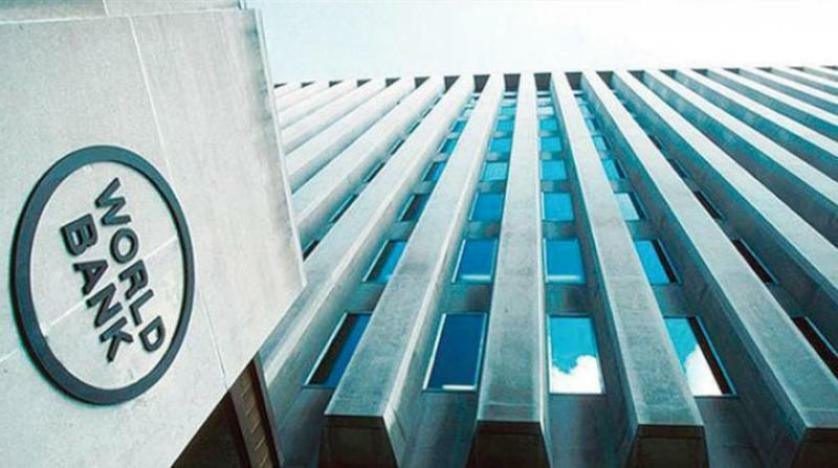A new report by the World Bank predicted a decline in the growth of the Palestinian economy in the current year 2023, indicating that although the economy continued its recovery at a growth rate of 4% in 2022, the reason for this is due to the continued recovery of private consumption, with the easing of the imposed restrictions. However, the increase in tensions in the Palestinian territories, in addition to the repercussions of the Russian invasion of Ukraine, carries great negative risks.
In this regard, Stefan Emblad, Director and Resident Representative of the World Bank in the West Bank and Gaza Strip, said: “Despite the signs of recovery in the Palestinian economy in 2022, growth remains sensitive to the escalation of tensions in the Palestinian territories, and the continued restrictions imposed In order to achieve higher living standards, improve the sustainability of the fiscal accounts, and reduce unemployment in a meaningful way, all of this needs to achieve much higher growth rates. External sources of risks, such as food and energy prices, mean that the overall economic outlook is not still bleak."
The Palestinian Economic Monitoring Report, which the World Bank presents to the Ad Hoc Liaison Committee, highlights the challenges facing the Palestinian economy, with a focus on fiscal reforms. The report will be presented in Brussels on May 3-4, during a policy meeting on development aid to the Palestinian people.
The year 2022 witnessed an improvement in public financial balances, driven by an increase in local tax revenues by 19%, an increase in clearance revenues by 20%, in addition to a stable level of public spending. As a result, the overall budget deficit has decreased by more than 60% (before grants).
The report indicates that when taking into account the contributions of donor countries and agencies, and the decrease in deductions made by the Israeli government in clearance revenues, this indicates an improvement in the financing gap for the Palestinian Authority, compared to initial expectations, as it reached $351 million by the end of the year, which is equivalent to $1.8 million. % of GDP, in a significant decrease after it was 5.7% in 2021.
The World Bank says: While the Palestinian Authority continues its efforts to bridge the public finance deficit, it faces long-term macroeconomic risks, including the large and increasing balance of arrears due to the private sector and the pension fund. In addition to the continued high level of banking sector lending to the public sector, which requires continuous follow-up by the authorities.
“The PA must continue to advance priority reforms, in order to increase revenues, improve debt management, and enhance fiscal sustainability. But the PA cannot do this alone, as donor support, in addition to the cooperation of the Israeli government, is key,” Emblad added. It is vital for consolidating public finances and putting the economy on a more solid foundation.”
He continued: Reform efforts must continue to address the size of the wage bill, improve management of the generous pension system in the public sector, as well as raise the efficiency of public spending, especially by improving the targeting of transfers to the poorest and most needy groups. Going forward, it will be critical to accelerate efforts to improve management of medical referrals outside the public health system, as well as to reduce net lending. The report praises the steps taken by the Palestinian Authority, by adopting the goal of reducing the number of public employees, and completing the accumulated annual financial reports. While the target level of employee numbers is an important first step, the report acknowledges that these gains may be squandered, as the ongoing negotiations with trade unions, especially in the educational sector, may lead to additional pressures on the public budget appropriations.
According to the World Bank, obtaining adequate and predictable support from donors to the budget will be critical in facilitating the reform process and achieving macroeconomic stability. Moreover, donor financial contributions can be directed towards development projects that promote economic growth, actions aimed at improving public financial management, and joint measures related to governance.
It is noteworthy that there are severe obstacles on the way to stability, growth, and the development of the private sector in the Palestinian territories, such as the continuation of the restrictions imposed in the West Bank, and the semi-siege imposed on the Gaza Strip, which was indicated by previous reports of the World Bank. It is expected that the performance of the Palestinian economy will remain far below its potential.



Share your opinion
World Bank: The Palestinian economy is still at risk